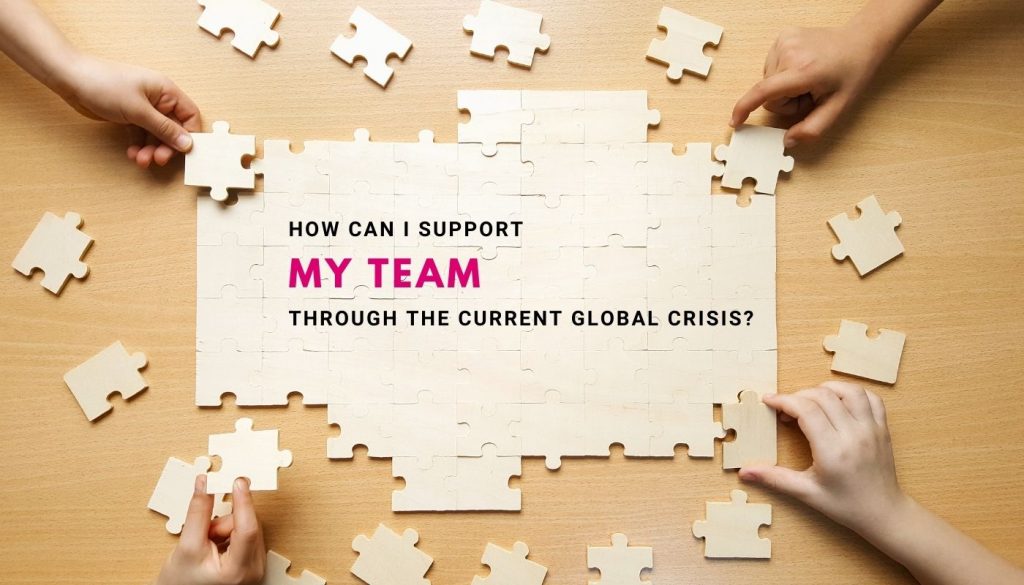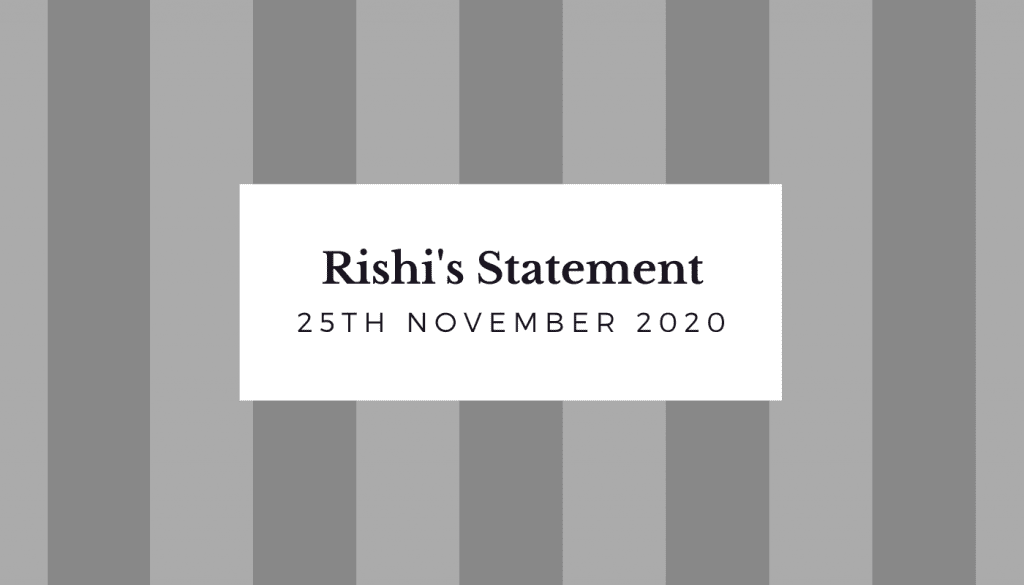
As most working professionals spend a third of their time at work, it’s been a massive adjustment for the millions…

As most working professionals spend a third of their time at work, it’s been a massive adjustment for the millions…
As 2020 nears its end, it probably would be described as a very stressful year for many people. Perhaps, for…

The Chancellor’s update to the House of Commons yesterday made pretty grim listening. It’s not going to surprise anyone to…
English Government announce new winter plan to beat COVID-19 This week seems to be a week of announcements from Boris….
Working from home relief = FREE CASH Due to the current pandemic, many businesses have been working from home this…
What are the new business support schemes for covid-19? Yesterday the government announced more support for businesses and the self-employed….
Last night the prime minister addressed the nation and announced a month long lockdown for England. Something we never considered…